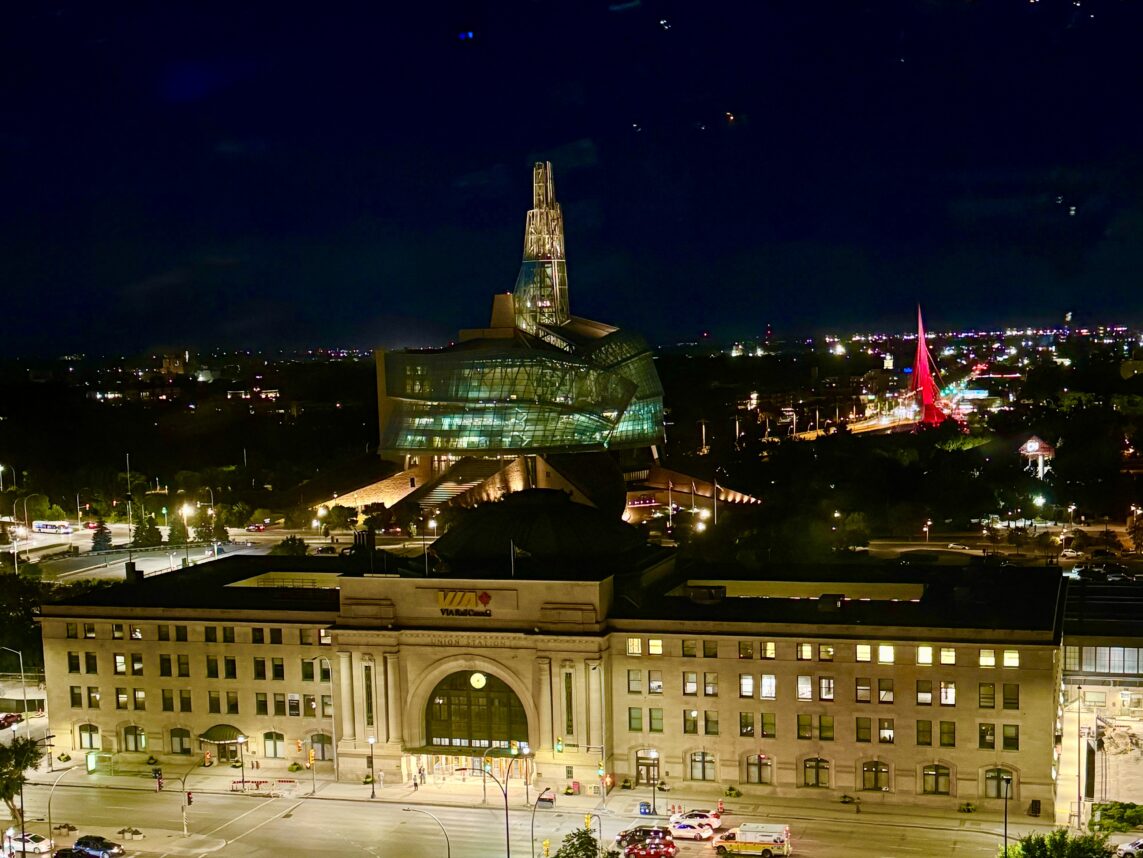The New JCC at Milken was thought to be immune from the financial turmoil and closures that plagued other Los Angeles JCCs in the early 2000s. A unique 1984 agreement with The Jewish Federation of Greater Los Angeles allowed it to be housed in perpetuity on the modern and well-maintained 99,000-square-foot Bernard Milken Jewish Community Campus in West Hills.
But now that very agreement, in which the JCC deeded its more than 4-acre site to The Federation in exchange for “primary use of the real property,” has put the future of the Milken JCC in jeopardy.
While the JCC and The Federation argue over what brought the two Jewish institutions to this impasse, larger issues are at stake. Are JCCs, in fact, viable and desirable in Los Angeles? Can they ultimately survive here?
“It’s a puzzle about Los Angeles as a community,” said Allan Finkelstein, president of the Jewish Community Centers Association (JCCA), the umbrella organization for the nation’s 200 full-service JCCs and other community properties. “JCCs have never taken off as they should have; that’s historic.”
Nationally, despite some challenges, JCCs are flourishing, with close to $700 million in new construction in process or completed, according to Finkelstein. Some of the newest and most successful JCCs are in San Francisco, San Diego and Orange County.
Los Angeles presents a different picture. The JCCs went into a financial tailspin in the early 2000s, with the Bay Cities and North Valley properties sold off by parent organization Jewish Community Centers of Greater Los Angeles (JCCGLA) to repay extensive debts. The Conejo Valley center was closed, and Silver Lake became independent, partnering with Los Angeles’ Episcopalian Diocese to purchase its property from JCCGLA.
But the picture is increasingly hopeful, with the current crisis having no impact on other centers.
The Westside JCC, located south of the Fairfax District and independent since 2003, has been running in the black for five straight years, according to Westside JCC Executive Director Brian Greene.
He attributes Westside’s success to a lean staff; great programming, including “the best swim school in the city,” run by Olympic gold medalist Lenny Krayzelburg and serving 1,000 kids; and a quality preschool that sports a wait-list.
The building needs renovation, and Greene has raised more than $6 million for an $18 million to $20 million project, with the first construction phase beginning in 2008. Meanwhile, the building’s shabby condition does not seem to affect its popularity.
“This city desperately needs more places like Jewish JCCs,” said Greene, who credits The Federation with being an important part of the JCC’s growth and renewal. “People need a place to gather.”
Michael Brezner, president of Valley Cities JCC located in Sherman Oaks, also cites a close relationship with The Federation. Valley Cities has grown tremendously since hitting a low of 28 children in the preschool while struggling to become independent in 2004. This past school year 102 students were enrolled in the preschool, and this past week 65 students showed up for the first day of preschool summer camp, a record first day. The JCC is also registering students for day camp.
Valley Cities has been running “budget neutral” since becoming independent, according to Brezner.
“We have every intention of being here to serve the East Valley forever,” he said.
But is there actually a need for JCCs that synagogues, senior centers and health clubs cannot otherwise fill?
For Jews in the western United States, with high rates of intermarriage and low rates of synagogue affiliation, the JCC serves as a crucial gateway into Jewish life, according to Finkelstein.
In an area with a quarter million Jews, such as the San Fernando Valley, Finkelstein said there would normally be many centers. With the downsizing or demise of the JCC at Milken, he sees many important services disappearing, including, for example, the opportunity for L.A. youngsters to participate in the JCC Maccabi Games. Thus, for Finkelstein, the answer to “Should we have it?” is “Yes, we have to have it.”
The JCC at Milken is regrouping. Steve Rheuban, a former Federation board member and JCCGLA president, has been appointed Milken JCC board chair and is heading the new finance and governance committee. Additionally, JCCA community consultant Janet Elam has been called in.
At the center of the adversarial and public battle between the Milken JCC and The Federation is space allocation at the Milken center. The Federation asked the JCC to sign a quitclaim deed to the property allowing it to rent to a new anchor tenant. In return, the JCC would receive a $350,000 rescue-and-restructure plan, which the Milken JCC board and membership rejected on June 10.
While membership has dropped about 30 percent since The Federation closed the Milken center’s pool in April, with about 180 mostly senior member-families leaving, the worst seems over. For the summer session, which runs from July 2 to Aug. 24, the preschool is near capacity with 70 students, and the day camp has a current registration of 175 kids during the summer session, according to Stacy Orbach, the center’s camping services director.
Five-year JCC member Aya Abramov recently enrolled her two daughters, ages 6 and 2, in the summer programs. “This is my center,” she said. “If my kids were not here, they would not have any Jewish education.”
Meanwhile, The Federation is waiting for the Milken JCC’s next move, according to vice president of planning Andrew Cushnir. He said The Federation made what they believe is a fair, win-win proposal.
JCC’s Rheuban is hopeful that a resolution can be worked out.
“Real leadership doesn’t let a significant part of the community die,” he said.
“They find a way to cure the problems.”






















 More news and opinions than at a Shabbat dinner, right in your inbox.
More news and opinions than at a Shabbat dinner, right in your inbox.